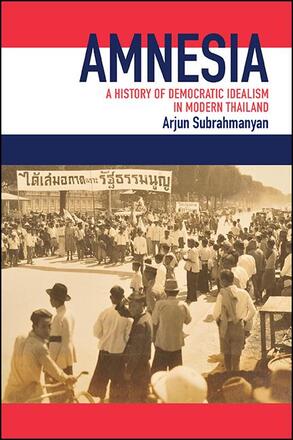
Amnesia
A History of Democratic Idealism in Modern Thailand
Alternative formats available from:
Describes the profound social impact of the overthrow of the Thai absolute monarchy in 1932, and explains the importance of democracy in a country long known for authoritarian politics.
Description
Thailand's monarchy and military have dominated the narrative of the country's modern history, and their leadership is often accepted as evidence of a cultural preference for authoritarianism. Despite a long history of military coups that have upended the course of the country's democracy, however, Thailand's democratic history is a vital though largely ignored aspect of modern Thai society. Based on extensive archival research, Amnesia delves into the social and political beginnings of Thai democracy and explains how a bloodless revolution against the monarchy in 1932 introduced a constitutional democracy and ignited enduring hopes for a fairer society and a more representative government. The "People's Party," a small group of commoners who staged the revolution in the name of democracy, found an enthusiastic audience for their bold populist rhetoric among wide swathes of society. In Amnesia, Arjun Subrahmanyan illustrates how the idealism of the first decade of Thai democracy, now largely forgotten, still shapes Thai society.
Arjun Subrahmanyan is Senior Lecturer in Southeast Asian History at Murdoch University in Perth, Western Australia.
Reviews
"There is no better time to read this book than now … The book could be a lesson for current insiders, i.e., politicians, that their pursuit of self-interest in the name of democracy may cause the popular sacrifice to again fall victim to amnesia." — Pacific Affairs
"Amnesia provides a refreshingly well-researched and eloquent account of a period that provided some hope for democratic idealists. The book deserves a wide readership to better contextualise contemporary political opposition and to better understand the past." — Journal of Contemporary Asia